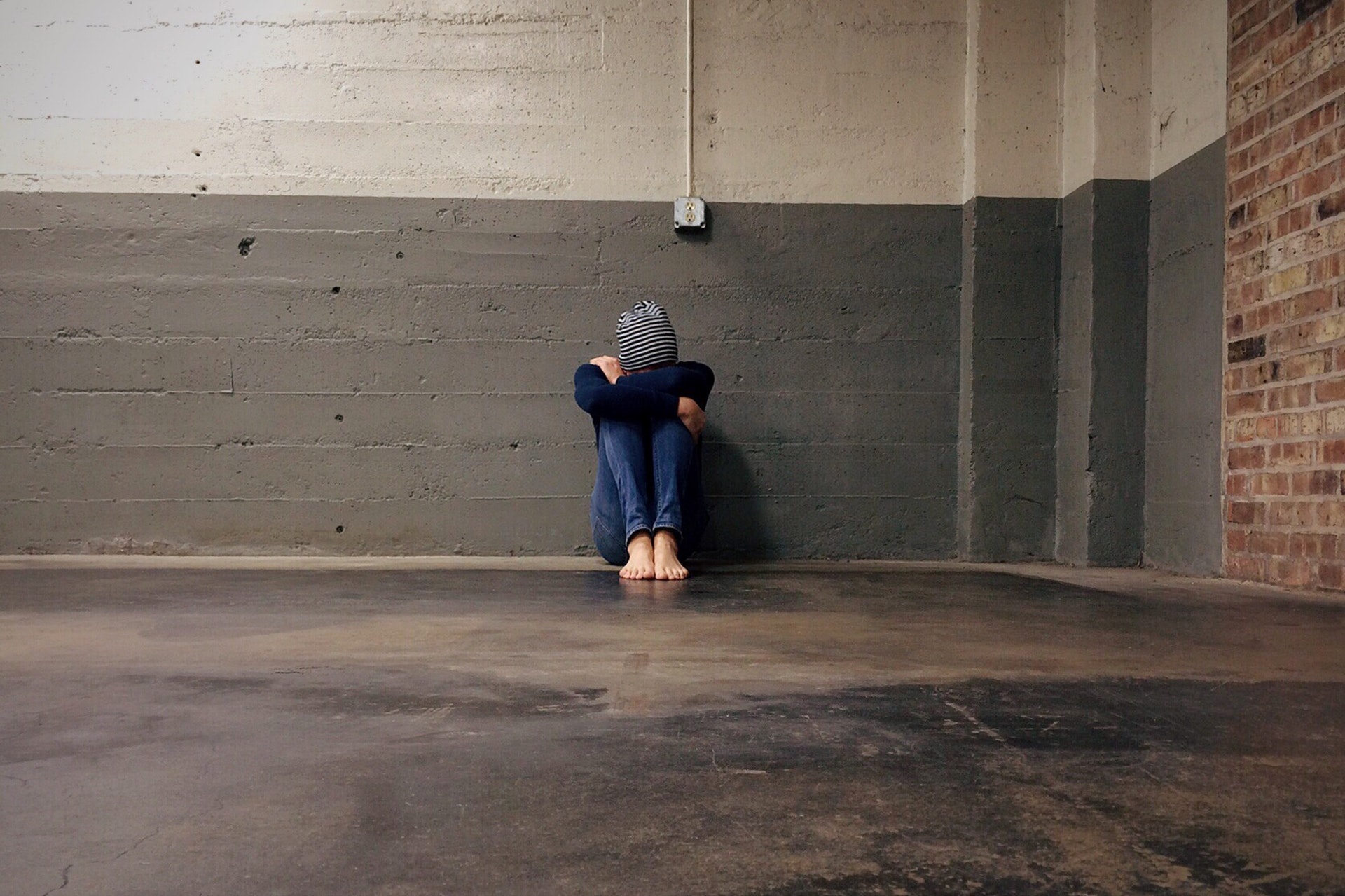
Understand how kids are typically affected by divorce, what family law says with regards to ending a marriage, and how you can minimize the impact of separation on children.
Understand how kids are typically affected by divorce, what family law says with regards to ending a marriage, and how you can minimize the impact of separation on children.
How to apply depends on whether you already have a family court case (or one with the local child support agency) or you’re starting a new case.
Two of the most common types of restraining orders are civil harassment restraining orders and domestic violence restraining orders.

A “contested divorce” means that the parties can’t agree on all the issues, such as property division, custody and visitation with children, the amount of spousal support (alimony), how to divide debts, or payment of attorney’s fees.
In these cases, a family court judge will ultimately have to decide these questions after divorce litigation. The reality is that a contested divorce is usually not inevitable, and although a divorce will always be difficult, for many divorcing couples in San Diego much of the emotional and monetary cost of a contested divorce can be avoided. Continue Reading
Are you living with your spouse during a divorce? This article discusses the pros and cons of maintaining this living arrangement.
New jobs and remarriage are two common reasons why divorced parents move out of San Diego or California.
This article has been updated for 2022
Recently, NextAvenue.Org published a blog on the new wave of technology as it relates to divorce services. As a divorce attorney in San Diego, I am always interested to understand the new trends in the divorce space. Below is my commentary on the article, as well as a reprinted version of the original blog post.
– Kathy Minella
.
Technology is becoming a major player in law with a focus on automation. I think there are good and bad aspects to this new trend, being that law is still so driven by individuals.
If you have a simple divorce with no custody or very few assets to divide, using divorce apps can be a great way to streamline the process and minimize the expense. However, I would never recommend it when there are custody issues or major assets to divide such as stock accounts, retirement accounts, or even real property.
There is a lot of use for applications, however, such as co-parenting communication apps like Family Wizard or Talking Parents. It keeps all communication in one place and is easy to present to the court in the event it becomes necessary. It also ensures there is no manipulation that can easily occur with texts or emails.
Also, if there is a way to better record keep support payments, I am all for it! It is the payor’s burden to prove payments have been made so you better ensure your record keeping is superb.
Any technology that gives users information at their fingertips can be both a good and bad thing depending on what it is being used for. The information should be used at your own risk.
Continue reading to find the original blog post and decide for yourself: Is using an app for divorce a good thing?

Original Content Published on NextAvenue.Org and written by Stacey Freeman
Thanks to technology, we can buy groceries online. We can search online for a job, a pet, even a spouse. And if for whatever reason that spouse doesn’t work out, we can go through the divorce process online, too.
But when you’re divorcing, can a website, or a collection of them, be a substitute for face-to-face interaction? Based on the growing number of users who frequent sites specializing in divorce, the answer appears to be “Yes.”
Divorce is disruptive — good and bad. And change, even the good kind, can send even the calmest, coolest and most collected individuals into a tailspin. Not to mention, divorce can also be expensive, stressful and isolating for those going through it.
The good news is that today, separated and divorced people can find a community online with others in similar situations without so much as leaving their home.
Divorce is complicated and emotionally charged, even with the use of these unprecedented and innovative technological improvements.
If it is information you’re after, lawyer Erin Levine’s Hello Divorce site provides a wealth of it. Specializing in California divorce law, Levine’s goal is to make divorce more accessible to those who may not have the knowledge or experience yet, and show them they have options.
Even if you are not living in California, Hello Divorce’s blog is still worth reading for its concise, straightforward articles on topics ranging from what to do if your spouse announces he or she is gay to the unique issues facing boomers who divorce.
Divorceify, founded by two divorce attorneys and a lawyer-turned-programmer (all women), offers customized divorce recommendations and matches you with professional help from all over the United States. From mediators and financial advisers to divorce coaches and attorneys, Divorceify can save users time and money and alleviate stress. Having confidence in the people helping to complete the divorce will make the process a little less daunting.
PartUs, created by lawyer Krista Andrews, provides divorce management software to law practices looking to streamline the divorce process in one place. FamilyDocket and dtour.life offer divorce management systems for lawyers, with the added feature of allowing them to communicate with their clients on the site and share documents.
One-stop-shops Wevorce and it’s over easy, also created by attorneys, provide platforms for families going through the divorce process from start to finish, offering monthly plans based on the services you choose from their respective menus.
Once the divorce itself is over, divorced life comes with its own set of rules and obstacles to navigate.
Apps such as OurFamilyWizard (created by a divorced dad) and Coparently (from a techie son of a divorced couple) are useful for family management when children and teens are involved. They help parents communicate by creating calendars, discussing expenses and sharing important information about their children. Apps like these make co-parenting easier because they offer technology that fosters cooperation and communication.
SupportPay, founded by a divorced marketing exec, is an app that lets divorced parents make automated support payments online, alleviating financial and emotional stress for both spouses because of its reliability and predictability — no more missed payments or confusion.
For divorcées not sure what to do with their diamond ring, Worthy offers a secure online auction platform to sell it to a pre-screened community of buyers. The diamonds are valued before every auction by Worthy’s in-house gemologist and the Gemological Institute of America. Sellers can have a check in their hands in as little as three days.
With so much knowledge at our fingertips, it is easy to forget that less than three decades ago it wasn’t possible to connect with people from around the world, access information and assemble the best team of people to help us, all within seconds.
Divorce is complicated and emotionally charged, even with the use of these unprecedented and innovative technological improvements. Although technology has automated the divorce process and arguably removed some of the emotion from it for the better, there is still plenty of emotion to go around, which can be positive as well.
If you have any questions about family law or divorce services in San Diego, please don’t hesitate to contact me.
If there is one thing this pandemic has taught us is to survive, we must adapt. When I speak of survival, I don’t just mean survive the virus, I refer to all facets of life including home life, parenting, work, or running a business. Every aspect of our life has to adapt to this new way of life.
For work, we were forced to learn how to work from home literally overnight. Working from home requires a level of personal motivation and discipline that not everyone has. However, we didn’t have a choice and now our living rooms have become our office. Those same living rooms have been turned into a classroom and parents have become teachers. Now not only we are juggling working from home and parenting, now we have to also manage schedules, distance learning, and homework. To survive, we adapt. We adapt because we have to.
This same philosophy applies to businesses. Businesses can either shutter and potentially not reopen, or you adapt to survive. You have restaurants becoming grocery stores, bakeries selling at home cookie kits, restaurants modifying their menu to purely takeout, bars selling at home margarita kits. Everyone has to adapt to survive because the reality is, this situation is not changing anytime soon.
The same goes for divorce or the other issues that come with divorce such as custody disputes or division of assets. We need to adapt to survive. The San Diego Superior Court has provided information that tells us it will remain closed so long as the Shelter in Place order remains in effect, and right now it is closed until at least June 1, 2020. Another 6 weeks at minimum without access to a judge who can make orders to resolve disputes. This leaves us with a conundrum, do we sit and wait for the eventual reopening of the court or do we adapt?
I view myself as a professional problem solver, a client comes to me with a problem and I find ways to solve it. The problem now is how do we move a divorce forward while the court is closed? There are many ways to move a divorce forward by utilizing resources such as mediation, arbitration, settlement conferences, and custody evaluators. Each of these options will push the process along and allow dispute resolution to continue.
For example, let’s say Husband and Wife are arguing over custody and cannot come to a conclusion. The parties can utilize the assistance of a parenting coordinator or a retired Family Court Services counselor to assist them by recommending a parenting plan just as if the court was open. This can all be done remote using Zoom or Microsoft teams, no one needs to leave the comfort and safety of their home. From there, we can work out a plan using the recommendation as a guide and draft a stipulation to be filed once court is accepting filings. Now this process only works if both parents are committed to dispute resolution, but if they are this is a means to an end.
Another example, parties disagree over division of assets, support calculation and payment of attorney fees. The parties can utilize the services of a retired judge to act as an arbitrator and provide to us their opinion using the law to say what they would do as the judge. This again can be done remote using any of the platforms available. Arbitration is non-binding, but an informed decision can be made on whether to settle or wait and have the same outcome. Armed with the opinion of a judge who sat on the bench for years, the same bench your current judge sits on, will give you informed insight and may help you reach an informal resolution.
These are just a few ways your divorce can move forward despite the court being closed. What is important is you have options that do not require sitting and waiting, you can take action to better your living situation, you can take action to resolve disputes, and you can take actions to end the conflict.
While Coronavirus has changed our lives with sheltering in place, restrictions on our day to day activities, and causing health concerns for many people, staying home has created unintended consequences including a rise in domestic violence.
With increased stress and potential increased substance abuse, this can lead to increased risk of domestic violence.
To victims of domestic violence, these restrictions can be life threatening. Alarmingly, since the start of the pandemic, there has been a rise in reports of domestic violence. There are no escapes or ways to cool off and people are forced to quarantine together which can make an already dangerous situation even more dangerous.
During this shelter in place, many victims of domestic violence may be too scared to seek help or with so many closures of public resources and a limited access to justice, victims of domestic violence may feel as though there is nowhere to turn.
The San Diego District Attorney’s office has created special resources online in both English and Spanish for victims to seek help. Although San Diego Superior Court remains closed for most functions, all four courthouses in the county remain open Monday-Friday for restraining order requests.
The court will review your request remotely along with any evidence you submit and issue a restraining order if the court finds you have met your burden of proof. The restraining order can include move out orders forcing the domestic violence perpetrator to leave the residence, so you are protected. The restraining order can also include temporary custody orders, if children are involved, and orders for one party to continue making monthly financial payments such as cell phone bills or rent.
If you are a victim of domestic violence or are in immediate danger of further violence, the attorneys at Minella Law Group, can help. We offer remote services to meet with you and prepare your case for filing, the shelter in place restrictions do not prevent us from continuing to serve our clients to the best of our abilities.





